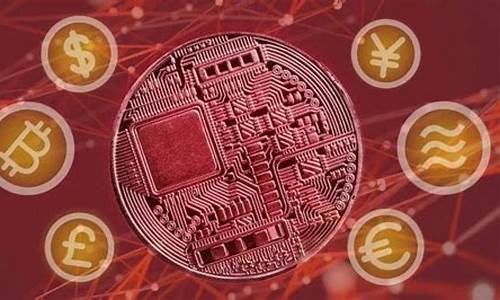
Digital currency, also known as cryptocurrency, has become a popular and controversial topic in recent years. It is
based on cryptography and operates independently of central banks or governments. While it has
the potential to revolutionize the way we conduct financial transactions, there are many
questions surrounding its legality and security.
One of the key components of digital currency is blockchain technology. Blockchain is a decentralized
database that records all transactions made using digital currency. Each transaction is
secured using complex cryptographic algorithms, making it virtually impossible for anyone
to alter or manipulate the data. This makes blockchain an ideal platform for conducting secure
and transparent financial transactions.
Another important aspect of digital currency is smart contracts. Smart contracts are self-executing
contracts that automatically enforce the terms of an agreement. They can be used to automate
many aspects of financial transactions, from insurance policies to stock trades. By
automating these processes, smart contracts can reduce the risk of fraud and errors, while
also increasing efficiency and reducing costs.
In addition to these technical innovations, digital currency also has the potential to disrupt
many traditional industries. For example, it could revolutionize the way we conduct international
trade by allowing for faster and cheaper cross-border payments. It could also challenge the
status quo of traditional banking systems by offering a more accessible and user-friendly
alternative.
However, digital currency also poses many risks and challenges. One of the biggest concerns is its
stability. Digital currencies are highly volatile, with their value fluctuating rapidly in response
to market conditions. This means that investors may face significant losses if they invest in
digital currency without doing proper research and due diligence.
Another challenge facing digital currency is regulation. Many governments around the world are still
working to establish clear guidelines for the use and regulation of digital currency. This has led to
confusion and uncertainty among investors, who are unsure about how they should approach investing
in this new asset class.
Despite these challenges, digital currency is likely to play an increasingly important role in the global
economy in the coming years. As more businesses and individuals begin to adopt digital currency as a
preferred form of payment, we can expect to see further innovation and development in this field.
Ultimately, the success of digital currency will depend on its ability to address the many challenges and
risks it faces, while also providing users with a more secure, efficient, and accessible financial
system.
